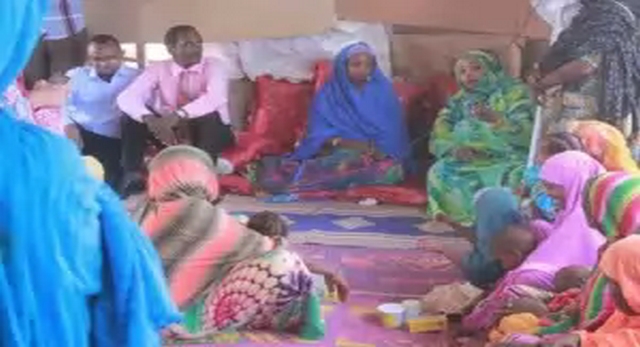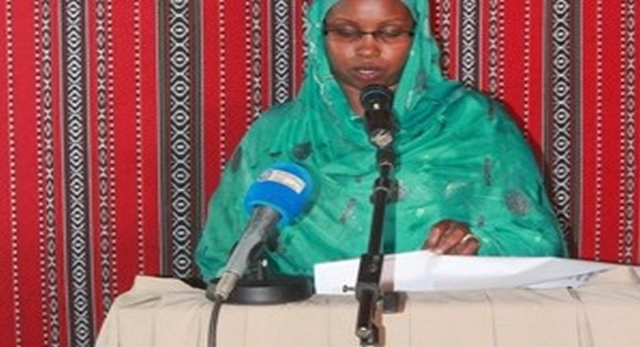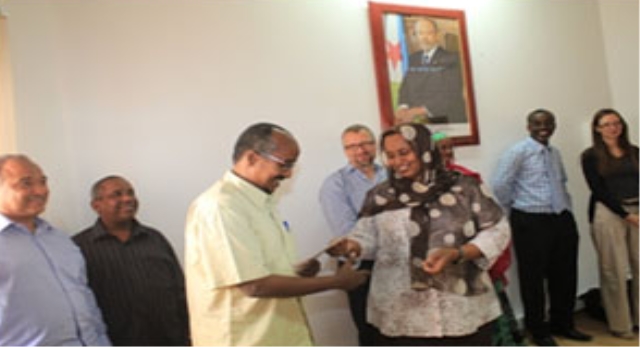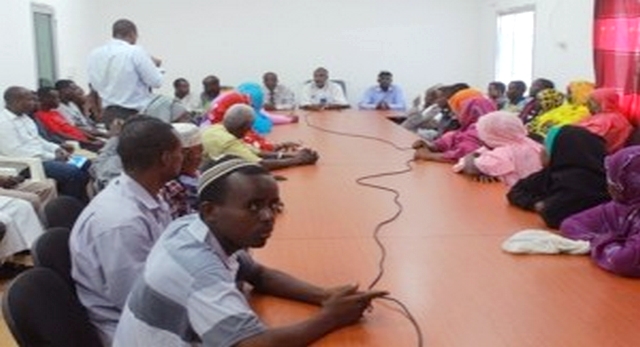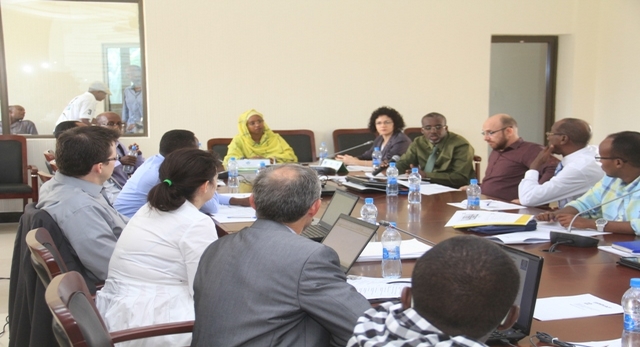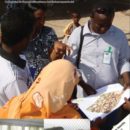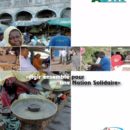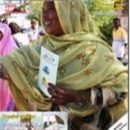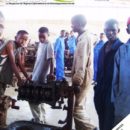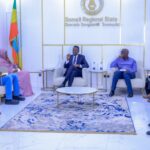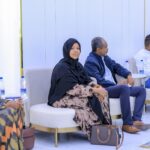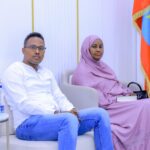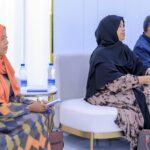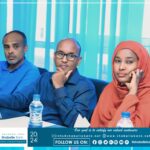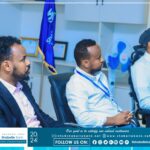Energy is at the heart of sustainable development: it is considered as the common thread linking economic growth, social equity and environmental protection. This is why more than 380 households and a dozen administrative and military buildings in the village of Holl-Holl will be connected to the Djibouti Electricity Network (EDD). And this in the context of the implementation of the project, funded by the World Bank, which aims to provide responses to the impacts of forced displacement and mixed migration. This is a crucial step in a process to end energy poverty, which is a drag on development in the region.
Under the leadership of the Secretary of State for Social Affairs, Mouna Osman Aden, the Djiboutian Agency for Social Development (ADDS) yesterday launched the electrification of the locality of Holl-Holl, in the region of Ali Sabieh. The initiative is part of the World Bank-funded project to address the impacts of forced displacement and mixed migration. The launch ceremony was attended by the Minister of Energy and Natural Resources, Yonis Ali Guedi, the Minister of Communication in charge of Posts and Telecommunications, Abdi Youssouf Sougueh, the resident representative of the World Bank to Djibouti, Atou Seck, the Director General of ADDS, Mahdi Mohamed Djama, the Prefect of the Ali-Sabieh Region, Mohamed Waberi Assoweh, the Chairman of the Regional Council, Omar Ahmed Waiss, and the World Bank Project Manager, Ibrahim Ali Yabeh. The project aims to provide human and logistical support to displaced populations by building the resilience capacity of displacement-affected communities in three countries, namely Djibouti, Ethiopia, and Uganda.
Overall, the goal is to improve access to social services, increase economic opportunities and strengthen environmental management for refugee-hosting communities, such as Ali-Addeh, Holl-Holl and Obock. Thus, more than 380 households and a dozen administrative and military buildings in the village of Holl-Holl will be connected to the Djibouti Electricity Grids (EDD). This is a crucial step in a process to end energy poverty, which is a drag on development in the region. Energy is at the heart of sustainable development: it is considered as the common thread linking economic growth, social equity and environmental protection.
On the other hand, as part of this project, ADDS, with the support of the World Bank, is planning the rehabilitation and extension of the health center, the supply of medical equipment and furniture, the construction of two boreholes (130 m deep), the rehabilitation of the drinking water network, the rehabilitation of the secondary school, the primary school and the sanitary block, the rehabilitation of the community premises, the renovation and reinforcement of existing agropastoral perimeters; purchase of equipment for existing perimeters (motor pump, wheelbarrows, etc.), and the creation of two agropastoral perimeters of 1 ha each (solar field, reservoir, etc.).
Holl-Holl is also benefiting from another project funded by the Japan Fund for Social Development, administered by the World Bank and initiated by the Djiboutian Agency for Social Development, the Project for the Promotion of Social Development. employment of young people and crafts. This project aims to improve the accessibility of young people and women to income and job creation opportunities. This through training and support as well as financial support for the implementation of their income-generating activities.
In this regard, in the locality of Holl-Holl, about 144 young people will be trained in the field of basic entrepreneurship and about 72 young people will receive start-up funds following the validation of their business plans by a technical committee.
The State Secretariat for Social Affairs reaffirms its commitment to honor the commitments made to the population of Holl-Holl. This has been supported during the past year in the prevention of malnutrition. This is done through social safety net projects carried out by the ADDS, which consist in strengthening the resilience of households, particularly the improvement of the nutritional practices of pregnant / lactating women and children.
More than 300 beneficiaries were able to participate in the nutritional learning sessions and more than 263 people benefited from temporary jobs through the realization of small community works, such as the construction of the walls for the fence of the cemetery, the tree plantations , rehabilitation of rural roads.

